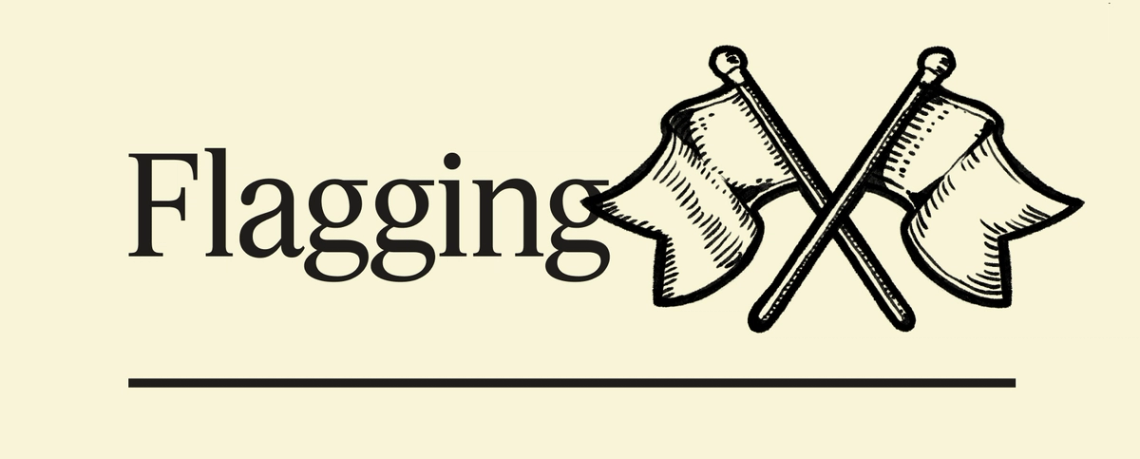 Seeking the cure for addiction About 15,000 people die of prescription opioid overdoses in the U.S. every year. Most of those are caused by fentanyl, a highly effective pain management drug which has the unfortunate attributes of being extremely addictive and also extremely easy to overdose on. Addiction to opioids is usually treated with other opioids: Methadone or buprenorphine, which are themselves addictive, but which have lower overdose risk. Ben Westhoff, author of Fentanyl, Inc., points out that there’s another treatment — naltrexone. Unlike methadone, it doesn’t just replace the high. It’s an opioid antagonist: It stops your body from absorbing the drug, so the fentanyl or heroin or whatever just doesn’t work. But doctors rarely prescribe it. Westhoff is making a documentary asking why. The answer is, he says, a story of money and special interests, but also of philosophical differences, between people who believe addiction can never be cured, and people who believe it can. The slogan is dead, long live the slogan Chinese politics is highly slogan-dependent. Managing a political party with 90 million members requires packages of information that are “small enough to circulate throughout the propaganda system,” in order to give lower-ranking party members a steer on the leadership’s direction, says the political scientist Tanner Greer. These slogans are known as tifa. Since Deng Xiaoping in 1987, the most important tifa had as its main motif “taking economic construction as the center task.” Deng’s tifa also said “peace and development are the theme of the times.” Xi Jinping has issued his own tifa. The central task is no longer simply economic development: Now, “development is the foundation of security, and security is the prerequisite for development.” And “peace and development” have been replaced by “potential dangers … worst-case scenarios … dangerous storms.” Xi’s slogans have not yet taken root in the party like Deng’s did, but they show the more paranoid, more aggressive direction in which he wants to take China. D-D-Don’t Don’t Stop the Boat Last year, about 45,000 people crossed the English Channel illegally in what is known as the “small boats crisis.” Most of them are refugees from countries like Iran, Syria, and Afghanistan. It’s a dangerous crossing over cold, rough seas, and there have been deaths. The Conservative government is behind in the polls, and has gone big, says the political scientist Rob Ford, on “a pledge to ‘Stop the Boats.’” Stopping the boats would very likely be popular, says Ford. The British public is OK with immigration per se but keen on rules: Since Brexit immigration has been high but through a well-defined framework, and concern has been low. Illegal channel crossings are unpopular and hardline responses poll well. There’s just one problem: The government almost certainly can’t deliver what it’s promising. It “focuses public and media attention on a pledge that can’t be delivered,” says Ford: “If the government sees this as the best possible use of its agenda setting power, it is truly in deep trouble.” |














